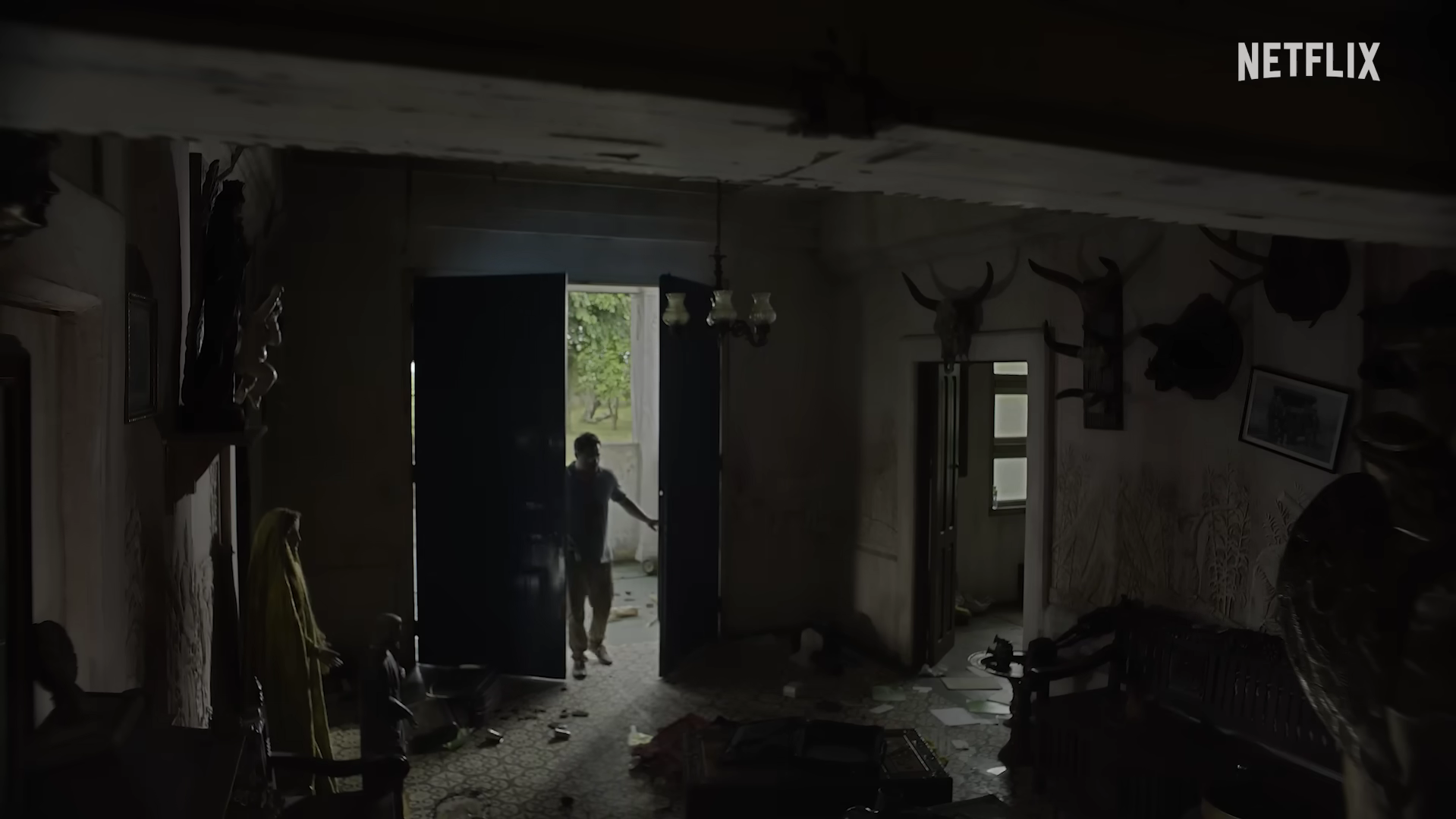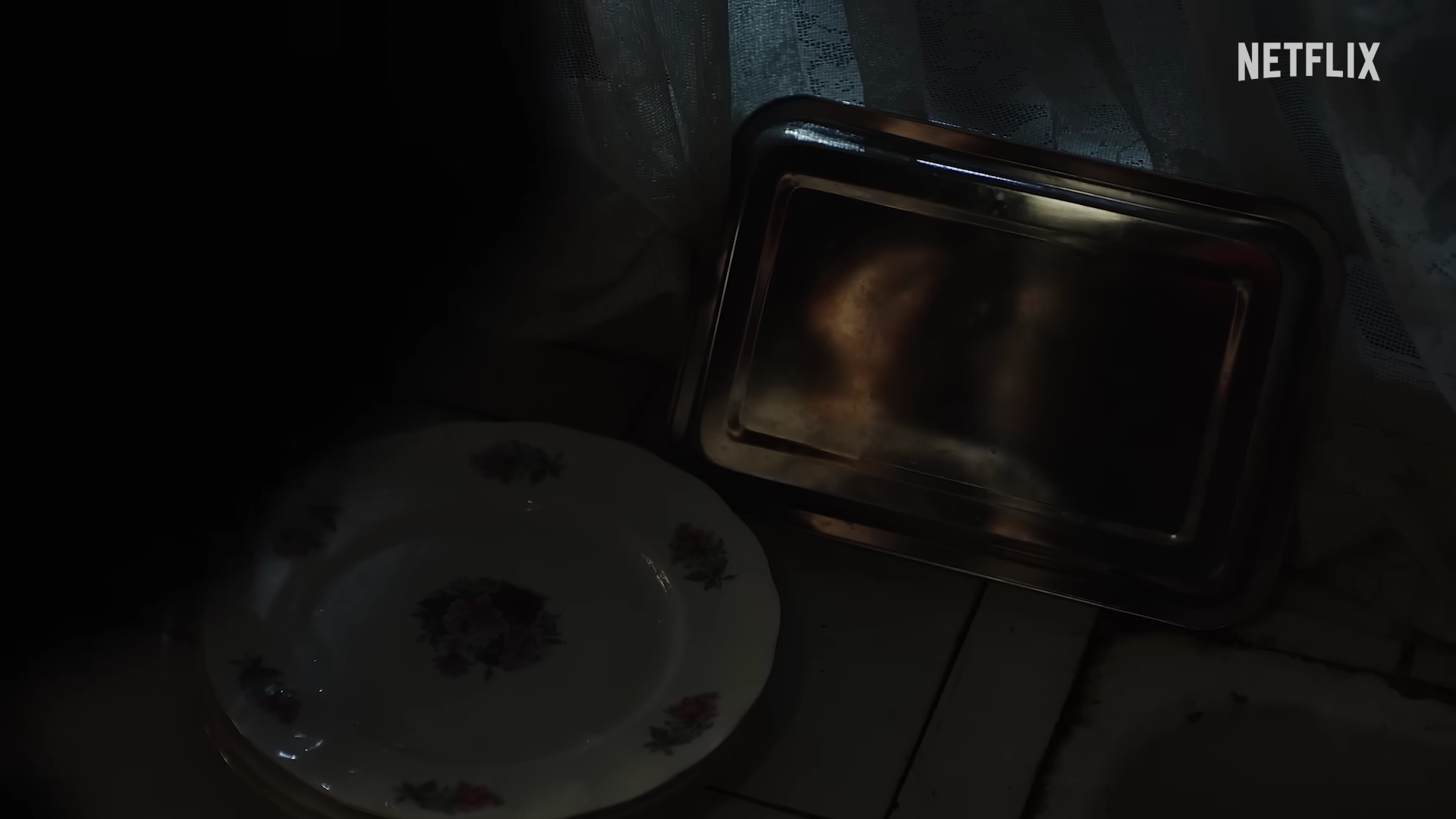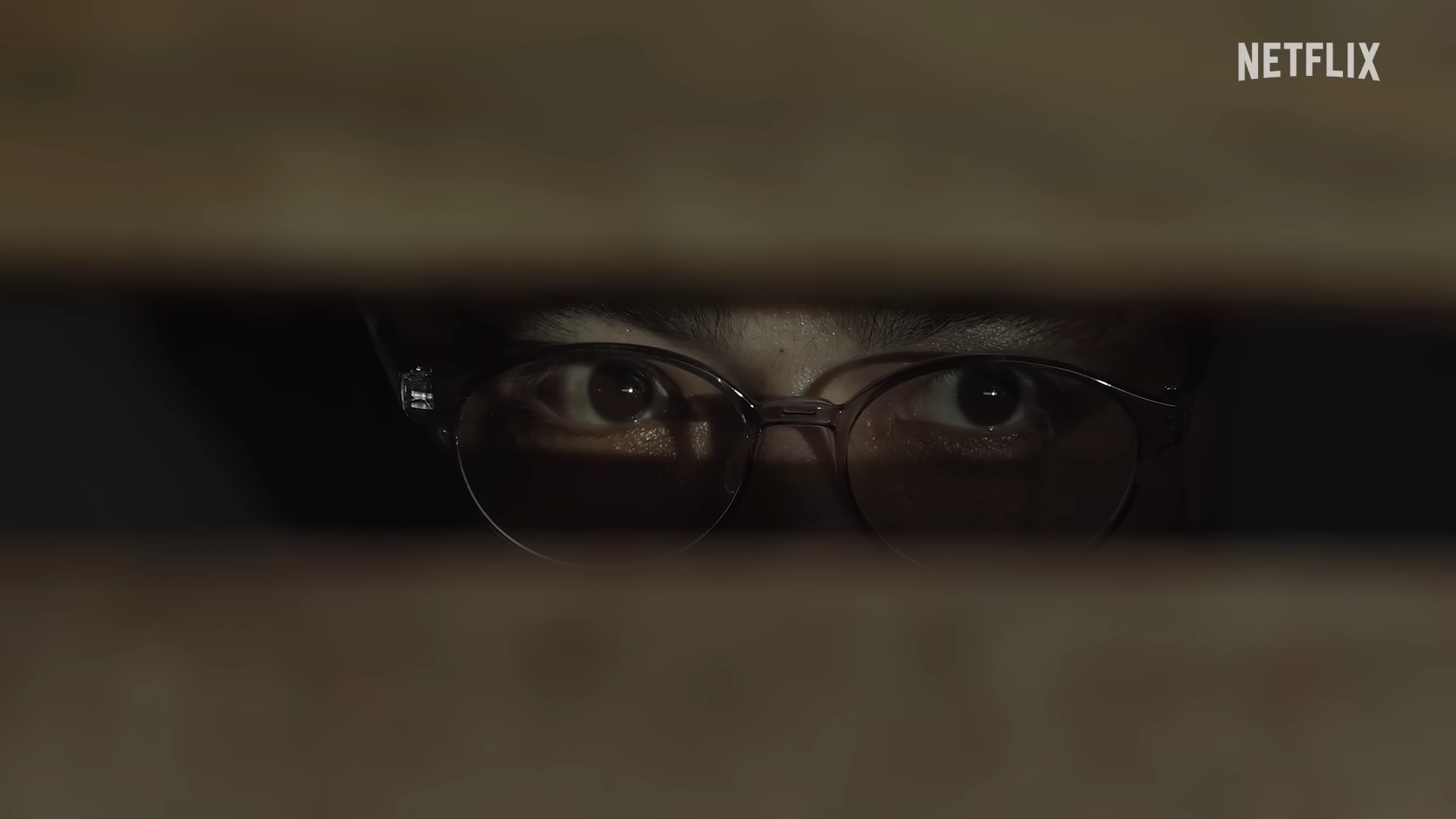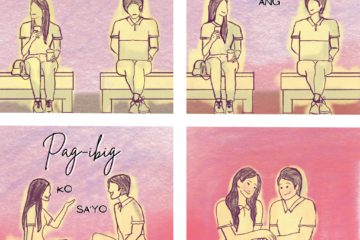DESPITE THE hushed atmosphere, an unsettling feeling accompanies the silence and the real horror is invisible to the naked eye.
Outside haunts the screen as the camera widens its shots, capturing vast sugar cane farms and a rugged car that stands out in the isolated area. A family can be seen beside a solitary house in the vast farmland, a hint that something far more sinister is lingering in the air.
The Filipino zombie film hit Netflix on Oct. 17, but it is far from the typical zombie thriller many expected. With Carlo Ledesma’s direction, Outside centers around dysfunctional family dynamics and the downward spiral of a scarred father.
The opening scene contrasts the rest of the movie’s mood. It begins with a video of Francis (Sid Lucero) and Iris’ (Beauty Gonzales) wedding reception accompanied by a sweet love song, yet the heavy grain and the scale create a sense of suffocation. Static sounds serve as the transition to the present devastation they face.
Running away from a zombie outbreak, Francis moves his family to his childhood home in the province. The choice is clear; they have been constantly on the run from the undead, and they know that relocating to the countryside will offer a sense of safety the city can no longer provide.

The family arrives at the isolated house and finds the corpse of Francis’ father Mr. Abel (Joel Torre). Without hesitation, Francis takes his father’s gun and his broken watch, which he wears throughout the film.
During their first night in his childhood house, Iris’s affair causes evident tension between her and Francis. Their children, Josh (Marco Masa) and Lucas (Aiden Tyler Patdu) are forced to tip-toe around the shards of their parents’ crumbling relationship while facing the challenge of having no choice but to survive the apocalypse with them.
The timepiece weighs on Francis as a reminder of his childhood. This forces him to regress rather than progress—much like the broken watch that has stopped moving and is unable to go beyond the past.
The deliberate choice to wear the watch marks his first step toward becoming like his father. He wears the watch and keeps the gun, hoping that he, too, can harbor the greatness he once saw in his father and embody the same strength that his family needs.
As the story unfolds, Francis’ protective instincts create an increasingly unsafe environment. The supposed safety of staying under his care is revealed to be constricting, making the outside world seem like a place of freedom.
No matter how much Iris and Josh try to leave the property, Francis finds ways to keep them inside, using ethically unacceptable tactics such as manipulation and dishonesty. The weight of his past and the reminder of his wife’s affair only steer Francis’ morality in the wrong direction, leading him to his mental turmoil.
Despite being sold as a new zombie apocalyptic genre, the film presented psychological turmoil and internal struggles within each character’s mind in a nuanced way that requires careful interpretation. Each character faces a mental battle.

It is clear that the multilayered narrative created by Ledesma is not just about surviving an apocalypse. Francis, the father burdened by his trauma, was driven to protect his family by controlling them—just like how his father did. It highlighted the deep, sometimes overpowering influence that parental figures can have on their children’s lives.
Sid Lucero’s performance defined the entire film through his paranoia that leaped beyond the screen. He embodied the struggle of trying to outrun the past, only for it to inevitably catch up with him. Francis’ fear of isolation left him unable to communicate his needs, and his paranoia spiraled further as he grappled with the betrayal brought about by his wife’s infidelity. He allowed the viewers to sympathize with Francis before eventually showing his true colors.
Beauty Gonzales perfectly embodied the weight of an unhappy wife and a mother. Whenever Iris spoke, the concern and distress she felt for her family dripped from every word, heightening her maternal role in the film. Her performance was a remarkable display of resilience as a mother carrying the weight of her past mistakes while still fighting to escape from the shackles of her husband.
Lucero and Gonzales’ strong performances overshadowed Marco Masa and Aiden Tyler Patdu’s roles as Josh and Lucas, making the young actors’ roles appear subdued. However, Masa did an excellent job of conveying Josh’s feeling of being Francis’s illegitimate child. His choices marked pivotal emotional shifts for Francis, Iris and their biological son, Lucas. Patdu’s portrayal of Lucas was remarkable in his sustained innocence amid the chaos.
Lucero and Gonzales ultimately carried the film. Nevertheless, Masa and Patdu delivered as children navigating an apocalypse through the strained relationship of their parents, eliciting just the right amount of sympathy from viewers.

Instead of relying on big-budget editing and prosthetics, Ledesma created a set of characters facing challenges within themselves and their families, a horror that does not need the existence of zombies to happen in reality. This film emphasized that the true horrors lie in what already exists in this world and not in the far-fetched possibility of a zombie apocalypse.
Given the run time of two hours and 22 minutes, the film misused this length. There were insignificant scenes in the film that took up a large amount of time. These parts could have been used to clarify Francis’ past and the purpose of certain scenes.
For instance, the build-up of Francis’ past was wasted, and the final reveal of what happened in his past was rather anticlimactic—far from the heightened anticipation caused by the terrifying nightmares he kept having.
Although it can be understood that the first half was meant to show their adjustment to provincial life, it felt overly stagnant, which can pull viewers out of the experience.
Beginning in a state of dysfunction, the zombie apocalypse was a metaphor for the chaos that consumed the family from within. The zombies represented their inner demons, eating away at them, symbolizing the self-destructive desires they tried to escape from.
Outside is not an ordinary Filipino zombie film. It surpassed and even deviated from the type of film the audience expected. If viewers are willing to look beyond the mixed reviews and disappointment of those who expected the film to be fueled with action, then they are opening themselves up to the truly horrifying experience that Outside was meant to be. F



